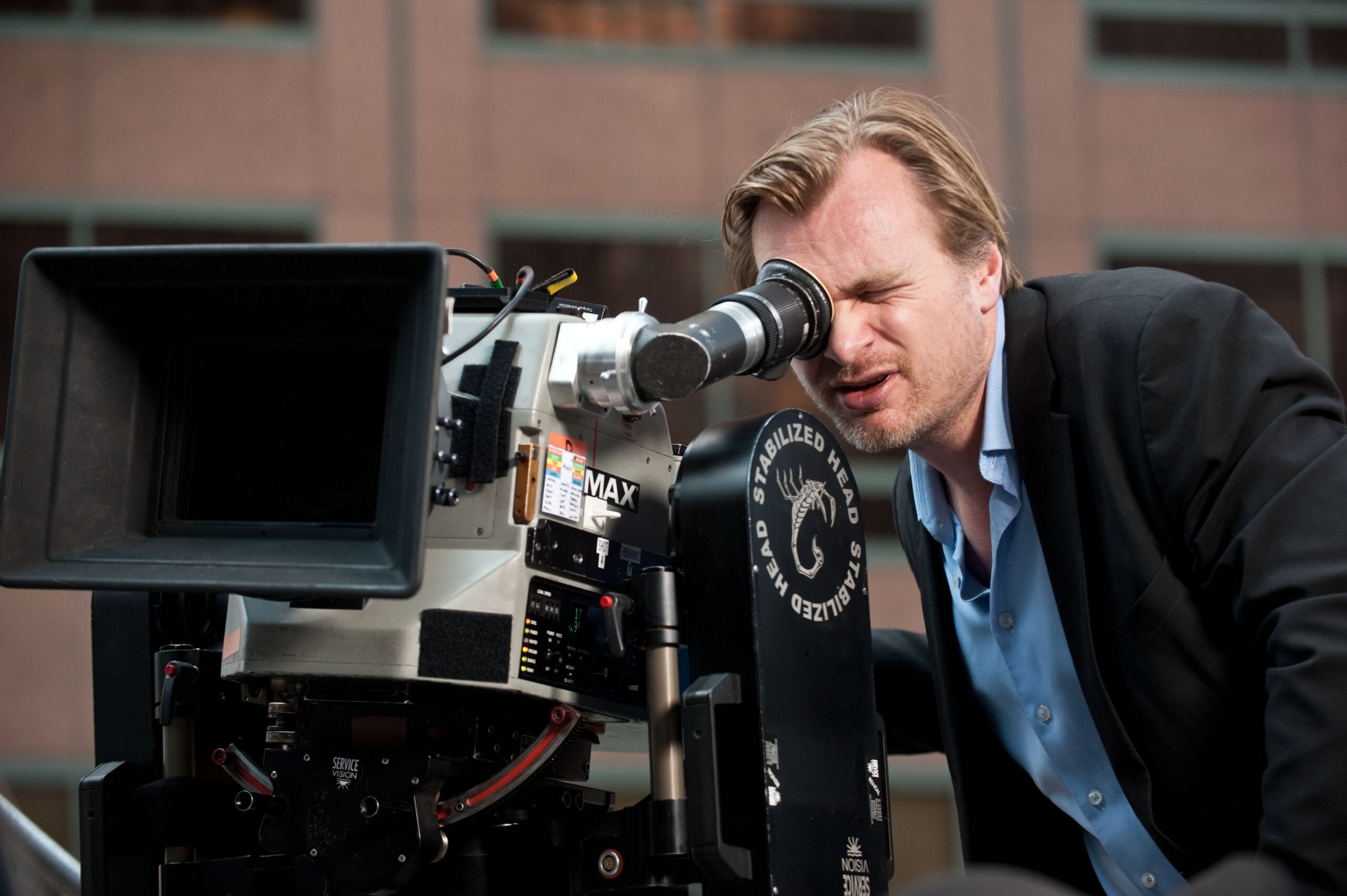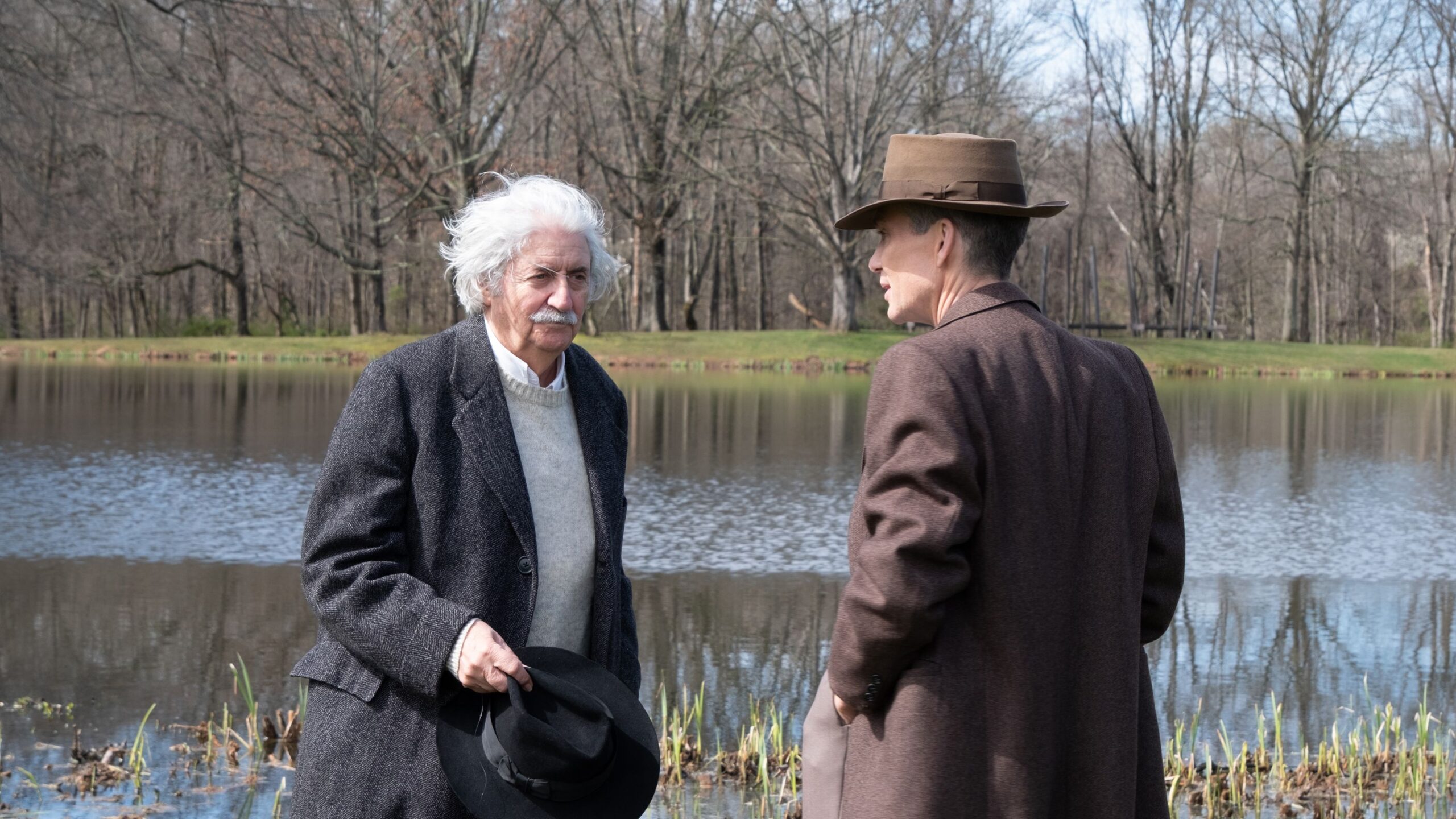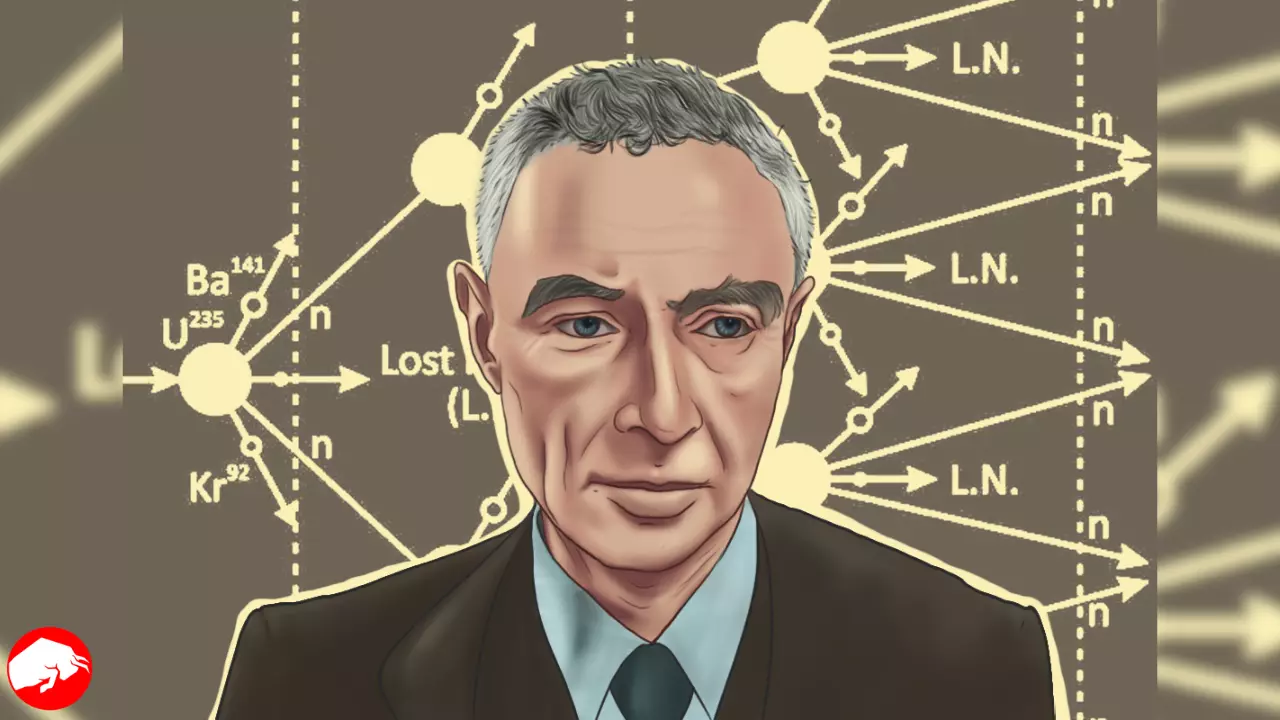In the captivating world of cinema, there are few filmmakers whose works have as lasting an impact as the enigmatic Christopher Nolan. Known for his predilection for complex narratives and uncanny ability to interweave elements of sci-fi, thriller, and drama, Nolan has carved a niche for himself that continues to draw audiences into theatres in throngs.
His latest offering, the historical drama Oppenheimer, is no exception.
Casting the magnetic Cillian Murphy in the title role of J. Robert Oppenheimer, Nolan once again exhibits his talent for assembling an exceptional ensemble. With his undeniable charisma and ability to imbibe complex roles, Murphy has always managed to captivate audiences, and his portrayal of Oppenheimer promises the same.
As the father of atomic physics, Oppenheimer’s character is a rich tapestry of intellect, ambition, and the moral ambiguities of wielding such monumental power.
Playing the part of Gen. Leslie Groves, the military man overseeing the entire Manhattan Project, is none other than Hollywood stalwart Matt Damon. Known for his compelling performances across a broad spectrum of genres, Damon adds another feather to his cap with this portrayal.
His character, a man navigating the treacherous waters of war, politics, and scientific innovation, adds another complex layer to the narrative.
This cinematic experience, a blend of history and drama, is an exploratory journey into an intriguing period of scientific history, where humankind tinkered on the precipice of an apocalyptic discovery.
But let’s face it, the scientific jargon and intricate details underpinning this narrative could be daunting for those not well-versed in the intricacies of atomic physics. You might be more engrossed in decoding the science than absorbing the cinematic spectacle.
However, you need not fret about the complex lexicon of science overshadowing your cinematic experience. We understand that the joy of watching a movie lies in the emotions it evokes, the questions it prompts, and the suspense it builds, not in comprehending the nitty-gritty of atomic science.
To that end, we’re here to simplify the science for you. So rest assured, we’ve got your back as you delve into this epic drama of science, power, and morality.
Nolan’s Atomic Endeavour

Universally praised for masterpieces like Interstellar, Inception, and Dunkirk, Nolan is adept at weaving stories that continue reverberating long after the credits roll. With Oppenheimer, he does it once again. The narrative, however, is adorned with scientific jargon, which might confuse the unacquainted viewer.
Meet J. Robert Oppenheimer

Oppenheimer, often called the father of atomic physics, spearheaded the Manhattan Project that led to the creation of the atomic bombs unleashed upon Hiroshima and Nagasaki in August 1945. This deadly endeavor caused nearly 200,000 casualties, leaving countless others with life-threatening injuries and deformities.
Unraveling Atomic Science for Moviegoers
Fear not, dear moviegoers! We’re here to decode the science for you, ensuring you can fully immerse yourself in the cinema magic. It’s time for a crash course in atomic physics.
The Principle of an Atomic Bomb
At the core of an atomic bomb lies a process called nuclear fission. In layperson’s terms, envision an atom as a miniature solar system with a nucleus as its sun. The nucleus, composed of positively charged protons and neutral neutrons, is orbited by negatively charged electrons.
When a neutron collides with certain ‘fissionable’ materials, it triggers a domino effect. The nucleus splits, releasing more neutrons, which, in turn, collide with other atoms, leading to a chain reaction that releases an enormous amount of energy.
Albert Einstein’s Role in the Atomic Theory

The energy generated during nuclear fission can be described using Albert Einstein’s famous equation, E=mc^2. However, while Einstein did express concern about the potential development of atomic weapons, he did not directly contribute to their creation.
The Elements of Destruction
Creating nuclear fission requires specific elements, or isotopes, such as uranium-235 and plutonium-239. These were the fission materials used in the atomic bombs on Hiroshima and Nagasaki. When a uranium-235 atom absorbs a neutron and splits, it releases three new neutrons and a large amount of energy, triggering a nuclear chain reaction.
How Do Atomic Bombs Differ From Conventional Ones?
Unlike atomic bombs that rely on nuclear fission, conventional explosives use chemical reactions. Instead of splitting the nucleus, chemical reactions merely involve rearranging electrons amongst atoms or molecules to form new chemical bonds. However, the energy released by nuclear fission far exceeds that of any chemical reaction, making atomic bombs vastly more destructive.
The 64 kilograms of highly-enriched uranium used in the Hiroshima bombing was equivalent to 16,000 tonnes of TNT, as per World Nuclear Association.
Armed with this fundamental understanding of the science behind atomic bombs, you’re now ready to enjoy Nolan’s masterpiece, Oppenheimer.
So sit back, relax, and let this captivating cinematic experience take you on a journey through one of the most pivotal moments in history.









